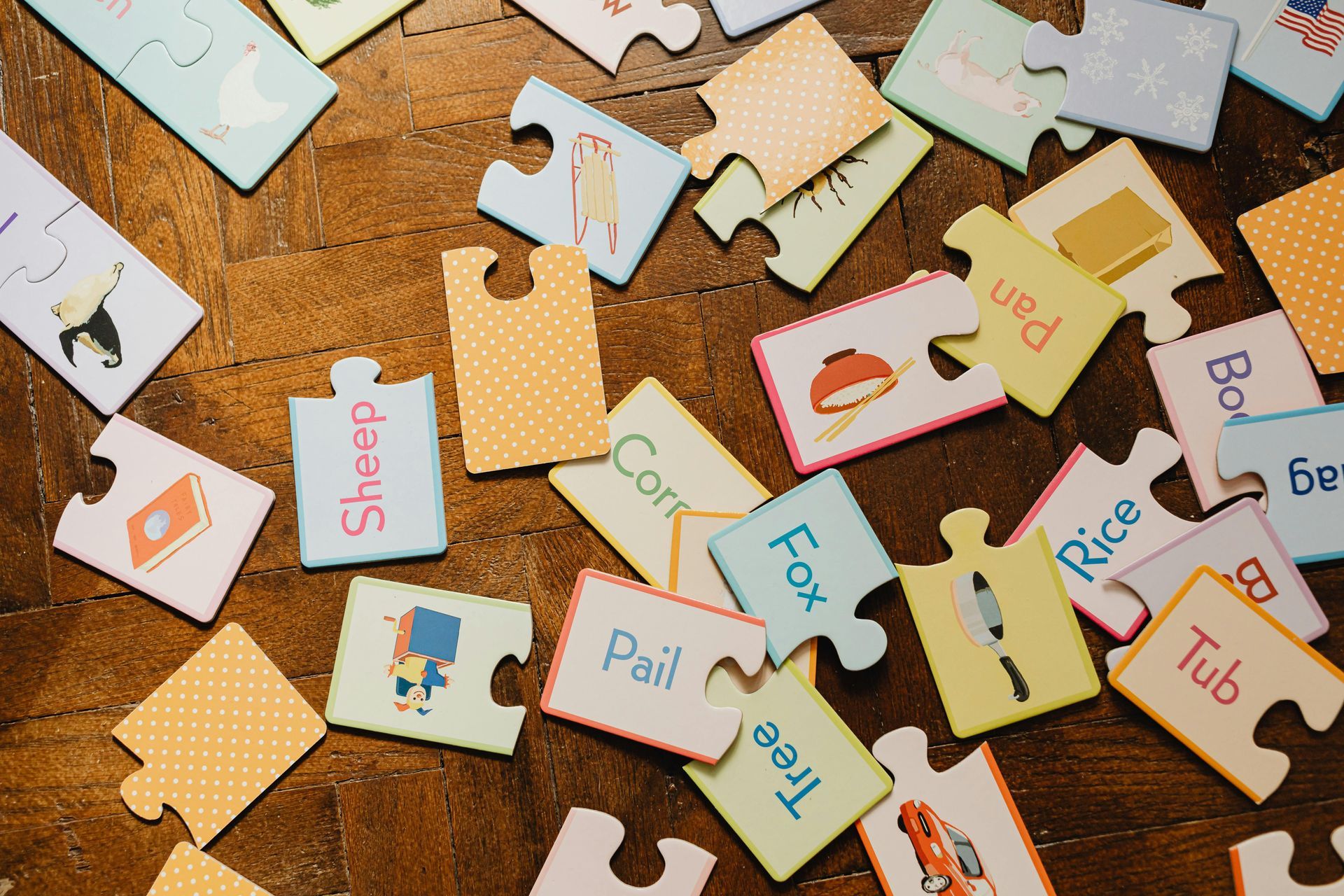Teaching Patriotism to Our Children
I have often wondered if parents think about teaching patriotism to their children in today’s world. Once a week
teach at a homeschool co-op that our church sponsors, and I am currently teaching a unit on Patriotism.
For the younger students, I have focused on the meaning of the Pledge of Allegiance. They had no idea what it meant. We have moved on to the United States Flag. We also have talked about George Washington and the colonial settlers. We will also be learning about how everyone did their jobs, even as children, so our new country could be productive and survive.
For the students, 4th
grade and up, we have covered information about our flag and what the Pledge of Allegiance means. We have also talked about the Declaration of Independence, and the risk that those patriotic men took when they signed that document. We will soon be going over the Constitution, section by section. It’s important for our children to understand the sacrifices that those who came before us made to make this a great nation.
Another important aspect of patriotism is the mindset of our children. For many of us, we don’t need to look back very many generations to find those family members who made the journey to the United States as immigrants. My husband’s family can be traced back to the Mayflower. My father’s family immigrated in the mid 1800’s and settled in upstate New York. My mother’s parents were the immigrants that I know the most about. My grandmother came through Ellis Island, and my grandfather came through Philadelphia. They came to the United States somewhere around 1916.
Because I was very close to these grandparents, I want to use them as an example of what the “Melting Pot,” uses to mean. They were not married when they made the long trip to America via ship from Naples, Italy. They were from the same small town in Italy near the Adriatic Sea. They came to the United States as teenagers at different times. My grandfather traveled by himself to meet his older brother, who was already here, and my grandmother traveled with her mother and possibly a sister or two.
After going through the appropriate immigration procedures, my grandfather settled in Des Moines, Iowa, with his
brother, and my grandmother settled in Chicago with her mother and sisters. At some point, my grandparents met up and got married. They had one focus: to do everything necessary to become American citizens and fit into the American culture. They worked hard to learn English. For my grandparents, their most precious document was their citizenship papers.
When they had children, they did not teach them Italian, although they picked up a little. They were told, “We are Americans. We will speak English.” They made it a point to simulate into their community. During the Great Depression, my grandfather always found a way to put food on the table for his family. He was an entrepreneur and had started his own shoe repair shop.
They moved to Los Angeles at the end of World War II, for a better climate, and grandmother traveled with her mother and possibly a sister or two.
After going through the appropriate immigration procedures, my grandfather settled in Des Moines, Iowa, with his brother, and my grandmother settled in Chicago with her mother and sisters. At some point, my grandparents met up and got married. They had one focus: to do everything necessary to become American citizens and fit into the American culture. They worked hard to learn English. For my grandparents, their most precious document was their citizenship papers.
When they had children, they did not teach them Italian, although they picked up a little. They were told, “We are Americans. We will speak English.” They made it a point to simulate into their community. During the Great Depression, my grandfather always found a way to put food on the table for his family. He was an entrepreneur and had started his own shoe repair shop.
They moved to Los Angeles at the end of World War II, for a better climate, and eventually migrated down to San Diego for opportunities in the construction trade. My grandfather went from being a master shoemaker to a general contractor. Only in America, could someone with integrity and drive start with nothing and end up owning a nice piece of property with a paid for house that he had built himself. They never acted entitled or wanted any kind of handout from the government. Both of my grandparents lived to their mid-nineties.
They were extremely patriotic and instilled the importance of that in all of us. They cared about our country and always voted for the candidate they thought would do the best to keep the freedoms that our country enjoyed.
Life in America has changed, and I think part of the problem is the mindset of our young people. It is up to parents to instill patriotism, good work habits, and appreciation for our country in their children.
We have several dates coming up that we should talk to our children about: Columbus Day, Veterans Day, and Thanksgiving.
When I was growing up, there was no controversy surrounding Christopher Columbus. It is true that he did not find the United States mainland, but he did prove that the earth was not flat. Their ships did not just fall off at the end of the ocean, a common misconception at the time he did his explorations. He did land on San Salvador, one of the islands in the Bahamas, in the West Indies. I think it’s important to talk about him in a positive way. His explorations helped to fuel more explorations in the New World. All children in the United States should know something about him.
Next, we have Veterans Day coming up on November 11. Many of us have family members who have served in the military, or maybe you have yourself. Our children need to understand the importance of honoring these people, not just for one day, but all the time. In my own family, we have had many veterans. They represented the Army, Air Force, Navy, Marines, and the Coast Guard. They have served in WWII, Vietnam, and the Gulf War. We love our country. When I was growing up, there was no controversy surrounding Christopher Columbus. It is true that he did not find the United States mainland, but he did prove that the earth was not flat. Their ships did not just fall off at the end of the ocean, a common misconception at the time he did his explorations. He did land on San Salvador, one of the islands in the Bahamas, in the West Indies. I think it’s important to talk about him in a positive way. His explorations helped to fuel more explorations in the New World. All children in the United States should know something about him.
Next, we have Veterans Day coming up on November 11. Many of us have family members who have served in the military, or maybe you have yourself. Our children need to understand the importance of honoring these people, not just for one day, but all the time. In my own family, we have had many veterans. They represented the Army, Air Force, Navy, Marines, and the Coast Guard. They have served in WWII, Vietnam, and the Gulf War. We love our country.
Finally, I want to talk about Thanksgiving. Although we have celebrated some form of Thanksgiving for a long time, Abraham Lincoln was the president who was responsible for the Proclamation of Thanksgiving, and made it a National Holiday. Notice how many things made Lincoln so grateful, right in the middle of the Civil War. The Proclamation is written out below:
By the President of the United States of America:
A Proclamation.
It has pleased Almighty God to prolong our national life another year, defending us with his guardian care against unfriendly designs from abroad, and vouchsafing to us in His mercy many and signal victories over the enemy, who is of our own household. It has also pleased our Heavenly Father to favor as well our citizens in their homes as our soldiers in their camps and our sailors on the rivers and seas with unusual health. He has largely augmented our free population by emancipation and by immigration, while he has opened to us new sources of wealth, and has crowned the labor of our working men in every department of industry with abundant rewards. Moreover, He has been pleased to animate and inspire our minds and hearts with fortitude, courage and resolution sufficient for the great trial of civil war into which we have been brought by our adherence as a nation to the cause of Freedom and Humanity, and to afford to us reasonable hopes of an ultimate and happy deliverance from all our dangers and afflictions.
Now, therefore, I, Abraham Lincoln, President of the United States, do, hereby, appoint and set apart the last Thursday in November next as a day, which I desire to be observed by all my fellow—citizens wherever they may then be as a day of Thanksgiving and Praise to Almighty God the beneficent Creator and Ruler of the Universe. And I do farther recommend to my fellow—citizens aforesaid that on that occasion they do reverently humble themselves in the dust and from thence offer up penitent and fervent prayers and supplications to the Great Disposer of events for a return of the inestimable blessings of Peace, Union and Harmony throughout the land, which it has pleased him to assign as a dwelling place for ourselves and for our posterity throughout all generations.
In testimony whereof, I have hereunto set my hand and caused the seal of the United States to be affixed.
[L.S.]
Done at the city of Washington this twentieth day of October, in the year of our Lord one thousand, eight hundred and sixty-four, and, of the Independence of the United States the eighty—ninth.
By the President: ABRAHAM LINCOLN
WILLIAM H SEWARD Secretary of State.
Copied the text: Abraham Lincoln. “Proclamation of Thanksgiving”. Presidential Message, October 20, 1864. From Teaching American History. https://teachingamericanhistory.org/document/proclamation-of-thanksgiving-3/ (accessed September 24, 2024).
Let’s all remember to be thankful this November!


